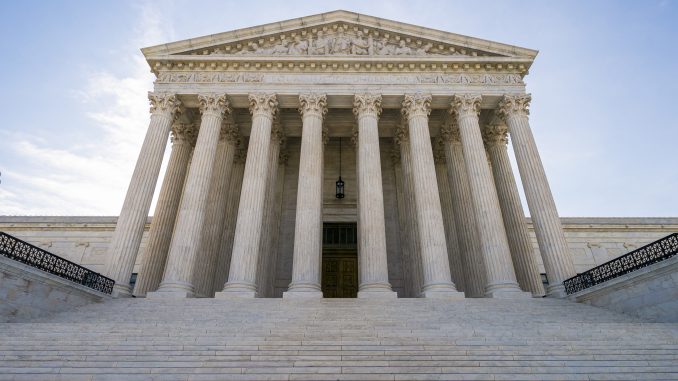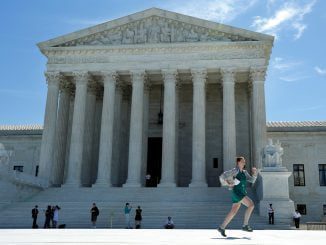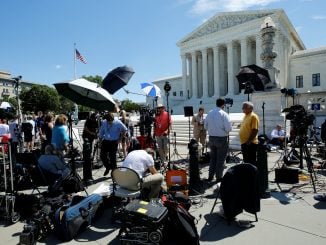
PHOENIX — Pastor Antonio Velasquez says that before the Trump administration announced a crackdown on immigrants using government social services, people lined up before sunrise outside a state office in a largely Latino Phoenix neighborhood to sign up for food stamps and Medicaid.
No more.
“You had to arrive at 3 in the morning, and it might take you until the end of the day,” he said, pointing behind the office in the Maryvale neighborhood to show how long the lines got.
But no one lined up one recent weekday morning, and there were just a handful of people inside.
With new rules taking effect that disqualify more people from green cards if they use government benefits, droves of immigrants, including citizens and legal residents, have dropped social services they or their children may be entitled to out of fear they will be kicked out of the U.S., said Velazquez.
The guidelines that aim to determine whether immigrants seeking legal residency may become a government burden are part of the Trump administration’s broader effort to reduce immigration, particularly among poorer people.
The rules that critics say amount to a “wealth test” were set to take effect in October but were delayed by legal challenges alleging a violation of due process under the U.S. Constitution. The Supreme Court last month cleared the way for the Trump administration to move forward while the rules were litigated in the courts.
A 5-4 vote Friday by the high court sided with the Trump administration by lifting a last injunction covering just Illinois, giving the White House a resounding win.
Justice Sonia Sotomayor issued a blistering dissent, criticizing the administration for quickly turning to the Supreme Court after facing losses in lower courts and suggesting that her conservative colleagues handled the litigation inconsistently in their desire to give Trump a victory.
White House press secretary Stephanie Grisham said Saturday that the change will “reestablish the fundamental legal principle that newcomers to our society should be financially self-reliant and not dependent on the largess of United States taxpayers.”
Ken Cuccinelli, acting deputy Homeland Security secretary, said on Fox News Channel’s “Fox & Friends” that the change is “not a moral judgment on individuals, it is an economic one.”
He said the government expects “people seeking to be long-term immigrants here, and maybe join us as citizens, will be able to stand on their own two feet.” He said the rules were “a major priority for the president.”
Federal law already requires those seeking permanent residency or legal status to prove they will not be a burden to the U.S. — a “public charge,” in government lingo. But the new rules include a wider range of programs that could disqualify them, including using Medicaid, food stamps and housing vouchers.
The nonprofit Migration Policy Institute in Washington said in an August policy paper that it expects “a significant share” of the nearly 23 million noncitizens and U.S. citizens in immigrant families who use public benefits will drop them.
Julia Gelatt, a senior policy analyst with the institute, noted that the rules apply only to social services used after Monday and do not affect citizens or most green card holders. Refugees vetted by federal agencies before their arrival, as well as people who obtain asylum, are not affected.
The guidelines don’t apply to many programs for children and pregnant and postnatal women, including Head Start early childhood education and WIC.
Cynthia Aragon, outreach coordinator for the nonprofit Helping Families in Need in Phoenix, said that because of the confusion, she is steering people to private sources of aid, like food banks and church-run clinics.
“I think people will start applying for government services again after it becomes clearer how things are going to work,” Aragon said.



